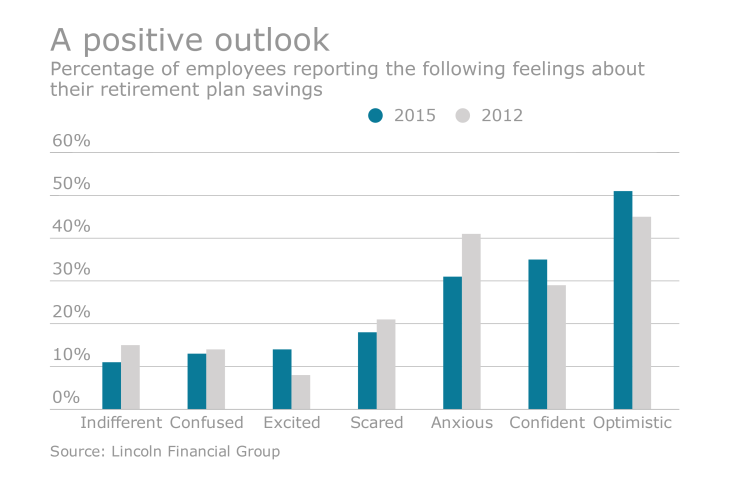As I write this month’s column, I am sitting on a plane headed to Europe. Pilots are an interesting breed. It takes years of training, and experience is measured in hours. They start at the bottom in order to build those hours to qualify them for other types of planes, and then build on those to qualify for yet others, and so on. Pilots are constantly growing their expertise and continuing their flight education. Sitting on this plane, miles above ground, I’m thankful for that.
Plan sponsors and advisers should consider the pilot when they are sitting with their committees and going through the day-to-day operations of their plans. Certainly, we are not pilots. We don’t sit at the yoke of a multi-ton machine operating in the clouds. When we make mistakes, the damage is not assessed in lives. But that does not diminish our responsibility.

At the forefront
Not only must we be able to adequately check off the day-to-day operations of our plans, just as a pilot must be able to take off, taxi and land, but we have to stay at the forefront of our fiduciary responsibility — which is a moving target. Just as pilots have to update their flight skills, plan sponsors need to continuously educate themselves on what it means to be a fiduciary. Plan sponsors are a busy bunch, so adding another task on to their plates probably does not sound palatable, but just as the pilot holds people’s lives in their hands, plan sponsors do, too. A failure on a plan sponsor’s part can have a resounding effect on the successful retirement outcomes of their participants.
Similar to the education plans plan sponsors have in place to increase their participants’ effective use of their retirement plan benefit, plan sponsors need a fiduciary education plan. Like pilots continuing their training and flight skills, plan sponsors need to assess and improve their fiduciary skills and standing.
First, a fiduciary education program needs to be able to assess the current knowledge plan sponsors have. A pilot doesn’t start out by flying a large multi-engine aircraft. They start on the smaller, single-engine and build hours. Plan sponsors need to first understand the role of a fiduciary, and then start building on implementing that role.
From the assessment on, plan sponsors can then build on their skills and knowledge. This knowledge building, brick by brick, is repeatable and effective.
Once in place, if there is any turnover among the plan committee, new members can be brought up to speed quickly and efficiently, and keeping the plan’s flight plan right on path.
This information was developed as a general guide to educate plan sponsors, but is not intended as authoritative guidance or tax or legal advice. Each plan has unique requirements, and you should consult your attorney or tax advisor for guidance on your specific situation. In no way does adviser assure that, by using the information provided, plan sponsor will be in compliance with ERISA regulations. Securities and Advisory services offered through LPL Financial, a Registered Investment Advisor. Member FINRA/SIPC.





